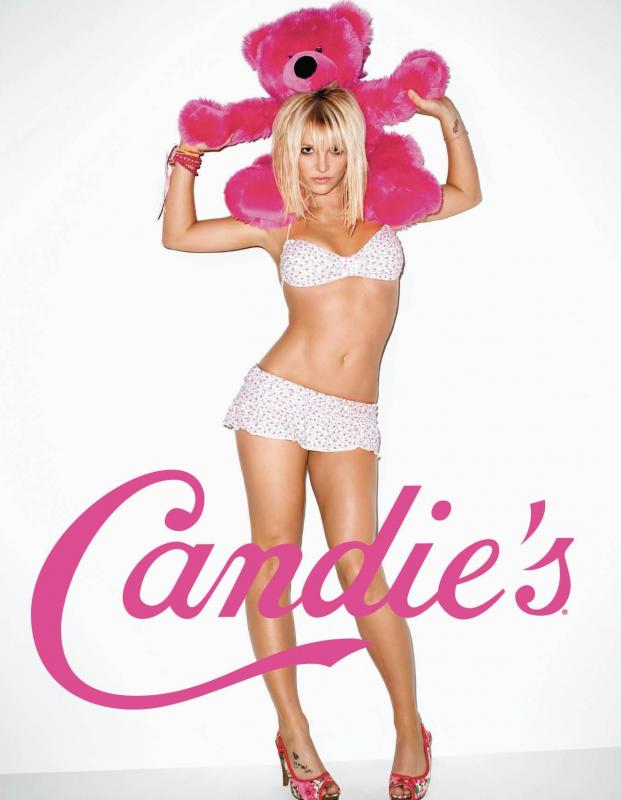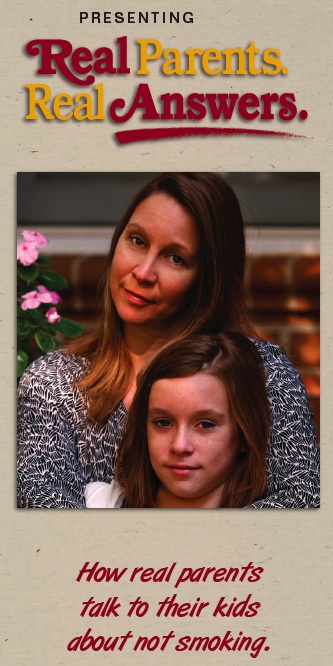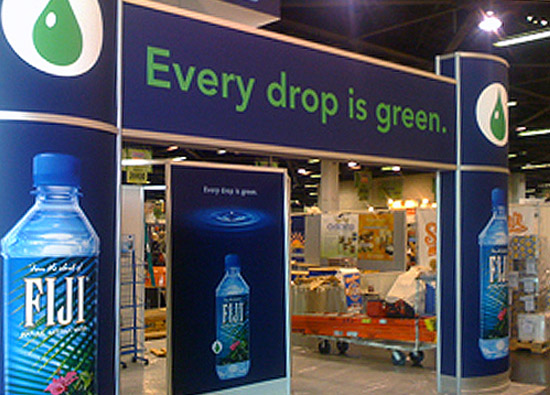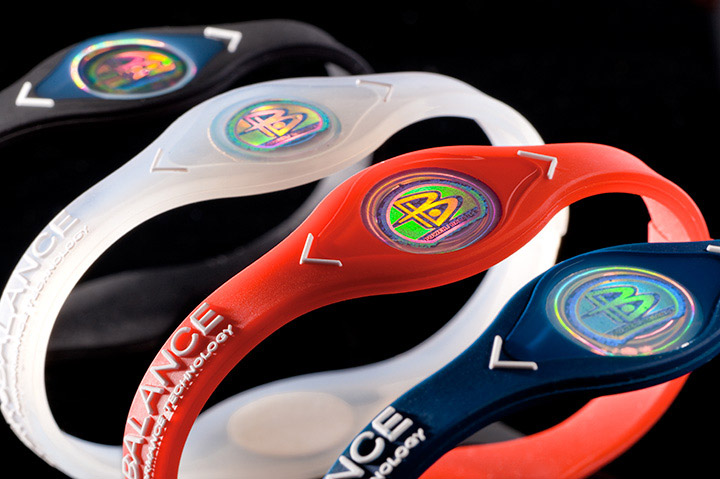Die-Hard Fans Can Get All Glenn Beck, All the Time
Submitted by Anne Landman on
 Glenn Beck may have ended his controversial talk show on the Fox News Channel, but he's far from gone. Die-hard fans will still be able to listen to him on the radio for free, see his show for a fee, and then some. Beck plans to keep doing a three-hour-a-day radio talk show filmed by six TV cameras that will be available either live or on-demand. He also announced "GBTV," an internet-based, subscription webcast "reality series" produced by his company, Mercury Radio Arts. For just $4.99/month plus an internet connection and a $60 box from a service called Roku, fans will still be able to stream Glenn Beck onto their TV sets starting in September. For just a tad more -- $9.95/month -- fans can join Beck's "Insiders" club to get the privilege of being able to both watch Beck's show on TV AND view video of his daily radio program. Fans who can't wait until September and already belong to Beck's "Insider Extreme" club will be able to see a preliminary show-about-Beck's-show called "The Making of GBTV." Beck also announced a new, non-profit humanitarian project called "Mercury One" aimed at "saving America," and a new Glenn Beck clothing line called "1791: The Original Blueprint," the name of which is derived from the year the Bill of Rights was signed. The style will be all-American items like polo shirts and long-sleeved button-downs, the clothes will be manufactured in the U.S.A. and proceeds will go to charity. The loss of his TV show hasn't set Beck back too far financially. Beck will reportedly be moving to a mansion in Dallas, Texas that rents for $20,000/month.
Glenn Beck may have ended his controversial talk show on the Fox News Channel, but he's far from gone. Die-hard fans will still be able to listen to him on the radio for free, see his show for a fee, and then some. Beck plans to keep doing a three-hour-a-day radio talk show filmed by six TV cameras that will be available either live or on-demand. He also announced "GBTV," an internet-based, subscription webcast "reality series" produced by his company, Mercury Radio Arts. For just $4.99/month plus an internet connection and a $60 box from a service called Roku, fans will still be able to stream Glenn Beck onto their TV sets starting in September. For just a tad more -- $9.95/month -- fans can join Beck's "Insiders" club to get the privilege of being able to both watch Beck's show on TV AND view video of his daily radio program. Fans who can't wait until September and already belong to Beck's "Insider Extreme" club will be able to see a preliminary show-about-Beck's-show called "The Making of GBTV." Beck also announced a new, non-profit humanitarian project called "Mercury One" aimed at "saving America," and a new Glenn Beck clothing line called "1791: The Original Blueprint," the name of which is derived from the year the Bill of Rights was signed. The style will be all-American items like polo shirts and long-sleeved button-downs, the clothes will be manufactured in the U.S.A. and proceeds will go to charity. The loss of his TV show hasn't set Beck back too far financially. Beck will reportedly be moving to a mansion in Dallas, Texas that rents for $20,000/month.

 A company called HeroBuilders.com that makes bobbleheads, candy heads and custom sneakers, started marketing a hot new item on June 20 that is flying off its shelves: an Anthony Weiner action figure. The Standard action figure costs $39.95 and wears boxer shorts that say "Tweet This." An "adults only" version has the word "Censored" stamped over the crotch area of the boxer shorts on the company's website and sells for $49.95. "Anthony comes in our brand new stealth body," the site boasts, "It is a perfect match for this congressman." Buyers can add an optional stand and Blackberry device to complete the set for an additional $18. The company also sells action figures of Sarah Palin (dressed either as a school girl or a super hero), Michele Bachmann, Joe the Plumber, Rod Blagojevich (holding a handful of cash), Jimmie McMillan ("The Rent is Too Damn High" guy), and a Nancy Pelosi action figure that comes complete with a waterboard that says "Fun for the Whole Family."
A company called HeroBuilders.com that makes bobbleheads, candy heads and custom sneakers, started marketing a hot new item on June 20 that is flying off its shelves: an Anthony Weiner action figure. The Standard action figure costs $39.95 and wears boxer shorts that say "Tweet This." An "adults only" version has the word "Censored" stamped over the crotch area of the boxer shorts on the company's website and sells for $49.95. "Anthony comes in our brand new stealth body," the site boasts, "It is a perfect match for this congressman." Buyers can add an optional stand and Blackberry device to complete the set for an additional $18. The company also sells action figures of Sarah Palin (dressed either as a school girl or a super hero), Michele Bachmann, Joe the Plumber, Rod Blagojevich (holding a handful of cash), Jimmie McMillan ("The Rent is Too Damn High" guy), and a Nancy Pelosi action figure that comes complete with a waterboard that says "Fun for the Whole Family."  Scholastic, Inc., a leading publisher and distributor of children's books and teaching materials, agreed to stop selling a coal industry-sponsored curriculum that it has distributed to 66,000 fourth grade teachers since 2009. The curriculum was sponsored by the
Scholastic, Inc., a leading publisher and distributor of children's books and teaching materials, agreed to stop selling a coal industry-sponsored curriculum that it has distributed to 66,000 fourth grade teachers since 2009. The curriculum was sponsored by the  The Candies Foundation, whose mission is preventing teen pregnancy, hired America's most famous unwed teen mother, Bristol Palin, as its paid spokesperson. The Foundation paid Palin $332,000 for less than a month of work during 2009-2010 to promote the idea to teenage girls that having premarital sex is a bad idea. Palin appeared in video and print public service ads, attended two town hall meetings and conducted media interviews to help Candies "create awareness about teen pregnancy." In one
The Candies Foundation, whose mission is preventing teen pregnancy, hired America's most famous unwed teen mother, Bristol Palin, as its paid spokesperson. The Foundation paid Palin $332,000 for less than a month of work during 2009-2010 to promote the idea to teenage girls that having premarital sex is a bad idea. Palin appeared in video and print public service ads, attended two town hall meetings and conducted media interviews to help Candies "create awareness about teen pregnancy." In one  keep fooling them over and over again. That's the hope of a Virginia-based direct mail marketing company that has developed a
keep fooling them over and over again. That's the hope of a Virginia-based direct mail marketing company that has developed a  Family Circle and Parents magazines regularly run youth smoking prevention (YSP) ads called "Real Parents, Real Answers" that are paid for by the
Family Circle and Parents magazines regularly run youth smoking prevention (YSP) ads called "Real Parents, Real Answers" that are paid for by the  The Fiji bottled water company is stomping out of Fiji in protest after the country's government increased a tax it charges on the water from one-third of a Fiji cent to 15 cents per liter. Half of Fijians lack access to safe water while the Fiji Water company exports clean bottled water to the U.S., where Americans shell out 3,300 times what tap water costs to buy it. According to the
The Fiji bottled water company is stomping out of Fiji in protest after the country's government increased a tax it charges on the water from one-third of a Fiji cent to 15 cents per liter. Half of Fijians lack access to safe water while the Fiji Water company exports clean bottled water to the U.S., where Americans shell out 3,300 times what tap water costs to buy it. According to the  Power Balance of Orange County, California makes rubber bracelets with a holographic inset that "are designed to work with your body's natural energy field" to increase strength, balance and flexibility. The bands sell on Amazon.com for anywhere from $4.25 to $30.00. The company has poured tens of millions of dollars into a marketing campaign that features sports heroes and athletes like
Power Balance of Orange County, California makes rubber bracelets with a holographic inset that "are designed to work with your body's natural energy field" to increase strength, balance and flexibility. The bands sell on Amazon.com for anywhere from $4.25 to $30.00. The company has poured tens of millions of dollars into a marketing campaign that features sports heroes and athletes like  The Monterey Herald accused The Daily Beast of shameless self-promotion after the news Web site posted
The Monterey Herald accused The Daily Beast of shameless self-promotion after the news Web site posted